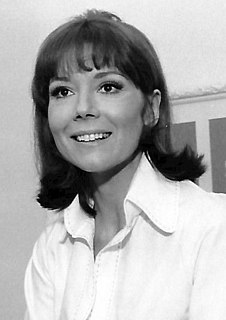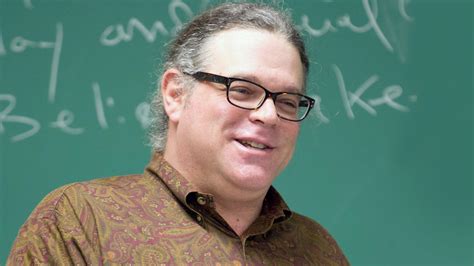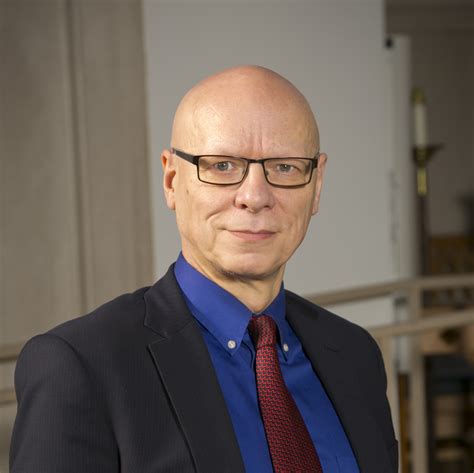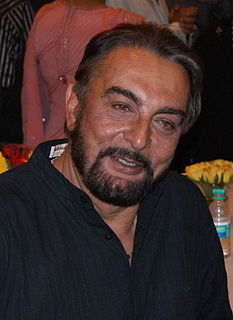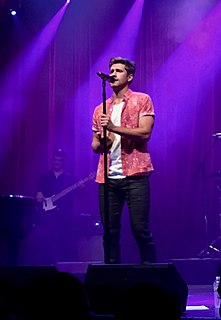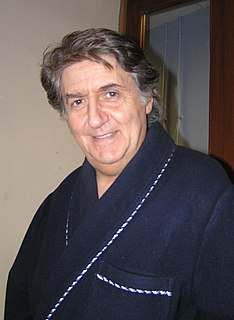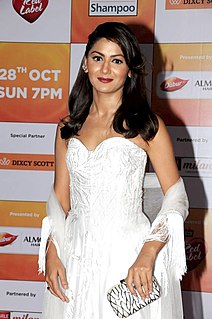A Quote by Diana Rigg
These days, it's perfectly normal to move between the theatre and television.
Quote Topics
Related Quotes
To move from a discussion of the early relationship between theatre and television to an examination of the current situation of live performance is to confront the irony that whereas television initially sought to replicate and, implicitly, to replace live theatre, live performance itself has developed since that time toward the replication of the discourse of mediatization.
Maybe if I'd gone in younger, I wouldn't have had that feeling, but I've seen an enormous amount of changes since the early-'70s in how this stuff is shot. I did the first TV movie ever shot in 18 days; before this film the normal length of shooting a TV movie was between 21 and 26 days. We shot a full-up, two-hour TV movie in 18 days with Donald Sutherland playing the lead, who had never worked on television before.
When I first came to New York, I knew some painters older than myself. I was kind of the kid who was allowed to hang out with them. That is more the way people talked in those days, it was perfectly normal to question a work's fundamental premises and its fundamental visual manifestations. It was perfectly okay to say, "Oh, that should have been red" or something like that. In a funny way, the way artists talk about art is to de-privilege it.
